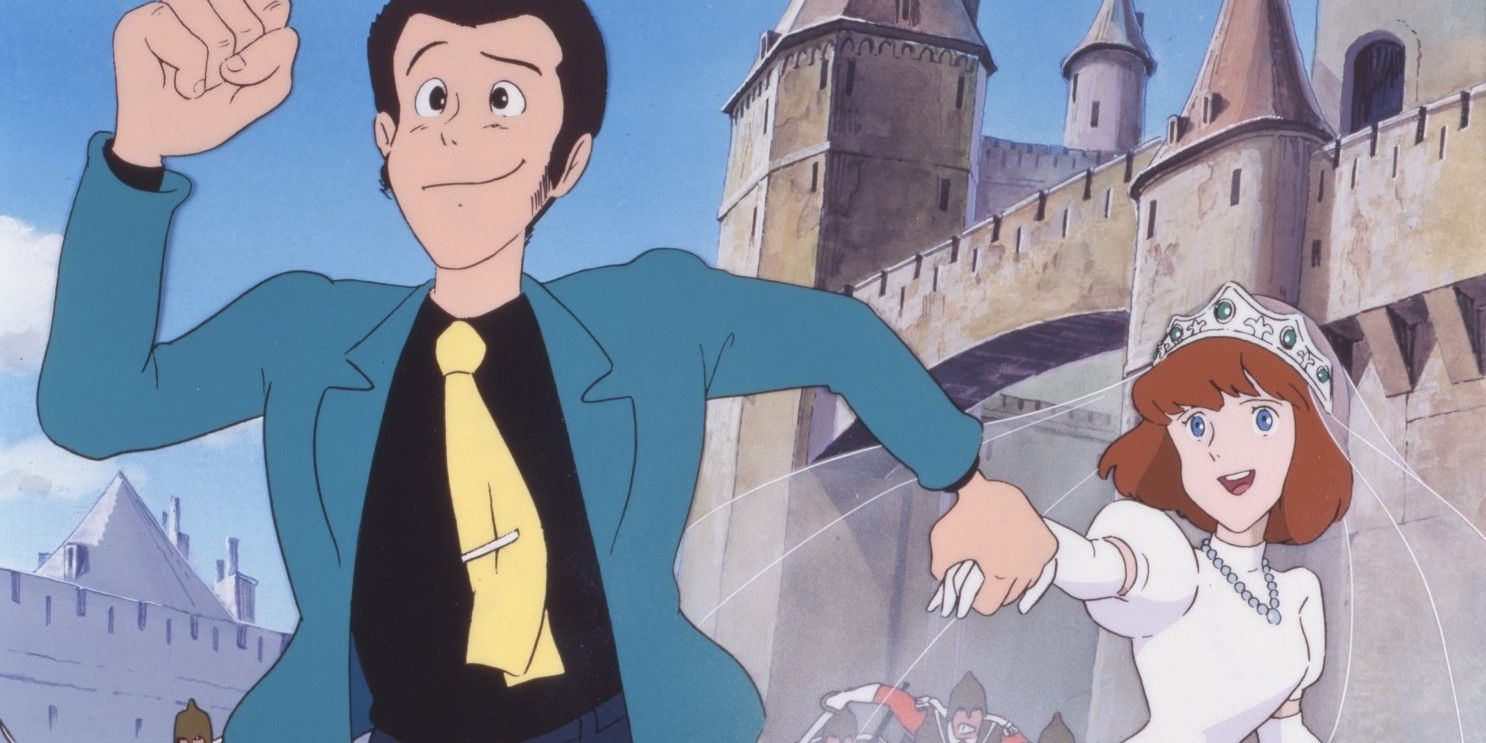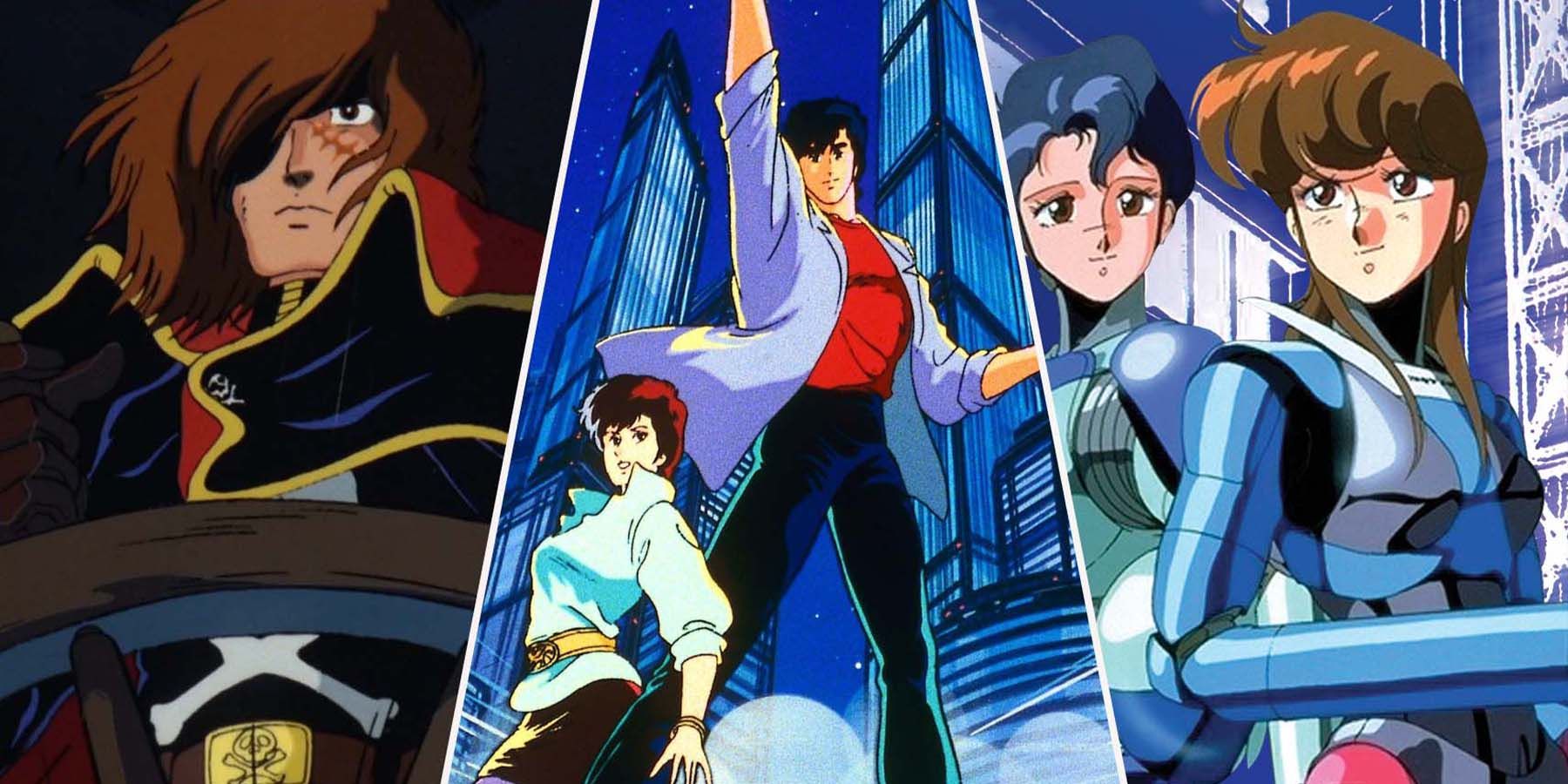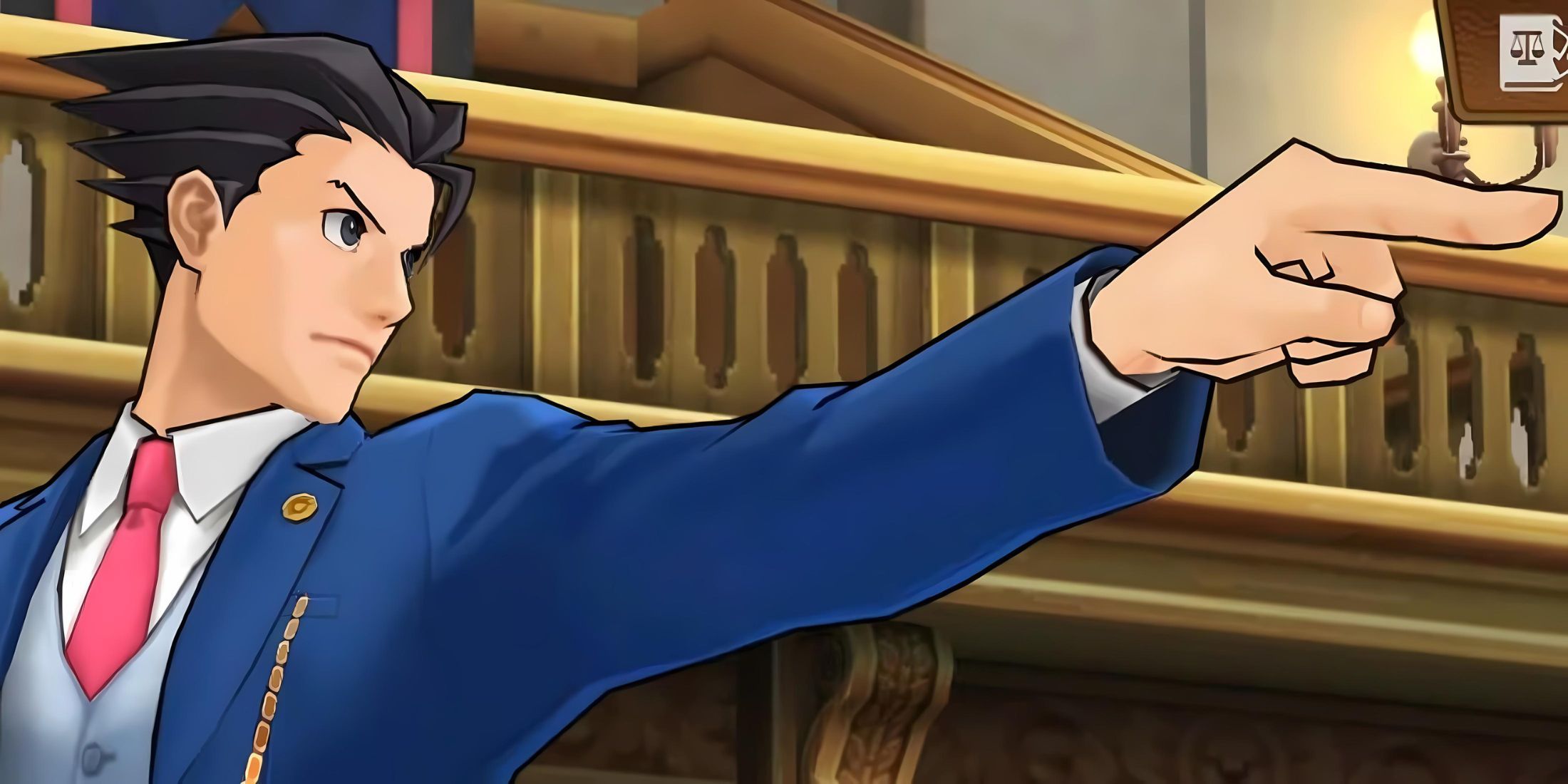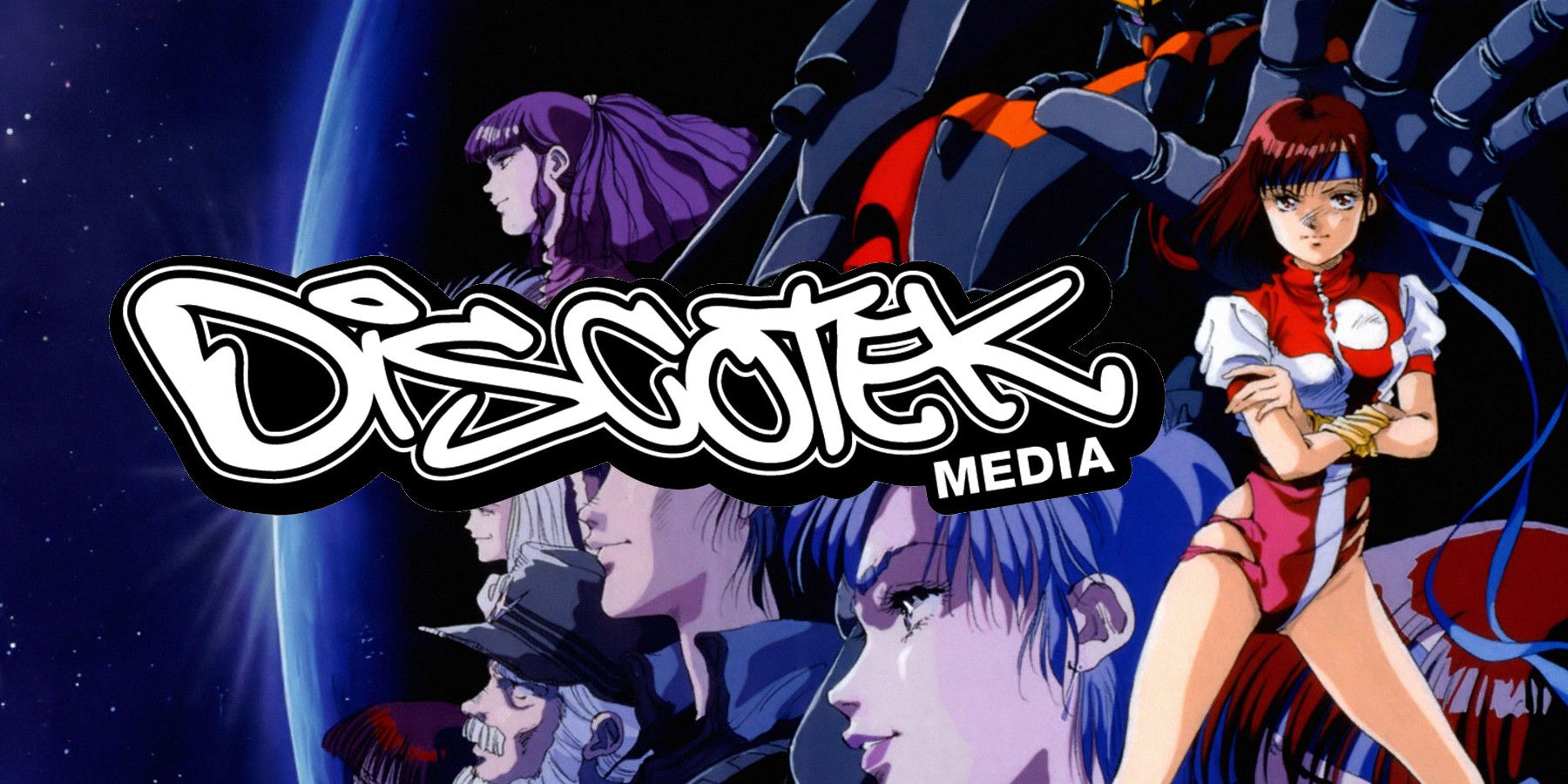
Highlights
- Anime goes out of print due to licensing limits, costs, and declining popularity.
- Obsolescence and digital shift make physical copies harder to find.
- Discotek Media aims to preserve classic anime despite low demand.
As a passionate anime enthusiast who has been following this captivating art form since the late ’90s, I can’t help but feel a profound sense of gratitude towards companies like Discotek Media. Growing up, I cherished every VHS tape and DVD box set that housed my beloved anime series. The thrill of finding rare titles was unparalleled, and the joy of watching them with friends was priceless.
Over time, certain things, such as popular songs, movies, and even once-popular anime shows, tend to fade away and become less accessible. This can happen due to an abundance of new content, expired licenses, or companies losing the rights. Nevertheless, one company is making efforts to bring back these forgotten classics for today’s anime enthusiasts.
Why Do Classic Anime Go Out of Print?

Despite our wishful thinking that beloved anime series will remain available indefinitely, they frequently disappear from shelves due to a variety of factors linked to the intricacies of the entertainment business, market forces, and licensing arrangements. Key reasons for anime going out of print are:
- Limited Licensing Periods: Most anime licenses are time-bound, typically lasting for a few years.
- Licensing Costs: Renewing licenses can be expensive, and if the anime is not generating sufficient sales, it may not be financially viable for companies to keep it in print (as is the case with series like Monkey Magic).
- Declining Popularity: Some anime may lose their popularity over time, leading to a decrease in demand.
- Niche Audience: Certain classics or older anime may only appeal to a niche audience, making it less profitable to continue producing them (such as the widely acclaimed Maison Ikkoku and The Dog of Flanders).
- Prioritization of New Content: Distributors often focus on new releases that have a higher potential for sales, leading to older titles being neglected.
- Royalty Disputes: Disagreements over royalties between creators, studios, and distributors can lead to an anime being pulled from distribution.
- Original Materials: In some cases, the original masters or source materials for older anime may be lost or damaged, making it difficult or impossible to create new prints.
Although it’s not pleasant to acknowledge, exploring these aspects helps us grasp why popular and highly-rated anime series (such as Ronin Warriors) might become elusive.
Home Video Presentation
Despite being available on physical media, some titles are increasingly challenging to locate because they’re being gradually phased out of production, owing to factors such as:
- Format Obsolescence: As technology evolves, older formats like VHS and DVDs may become obsolete, and companies may not see the value in re-releasing the content in new formats like Blu-ray or digital.
- Deteriorating Collections: Although it should be preferred that many physical media releases have proven to withstand the test of time, tape deterioration and disc rot for DVDs are now starting to pop up. Ironically, this normally has less to do with age and more to do with storage conditions, and those who want their stuff to withstand the test of time are encouraged to research the proper methods of media storage. Those who don’t find their previous functioning copies no longer working, making preservation more difficult.
- Digital Shift: With the rise of streaming services, physical media sales have declined, leading to fewer incentives for companies to keep physical copies in print. Oh, and before you ask: yes, copyright issues and demand also contribute to older titles not being preserved on the cloud or other streaming services.
The Complicated Rights Issue

Obtaining the licenses for anime series entails a complex procedure that encompasses discussions, legal contracts, and monetary decisions. The preliminary phase involves investigation and choice-making, where distributors or streaming services pick out anime titles they believe could be popular in their intended audience (this usually means understanding the show’s current appeal, preferred viewer demographic, and market tendencies).
Once we’ve hashed out the details, I’ll get down to drafting the legal nitty-gritty – the contract that lays it all out. This document will clearly define our financial arrangements, who’s responsible for what, and any limitations or unique clauses we need to be aware of. The royalties or licensing fees for acquiring anime rights are usually spelled out here, and they can be quite hefty, making up a big chunk of the overall cost.
Messy Paperwork
One of the biggest roadblocks to acquiring anime involves missing contracts. When the original contracts or legal documents specifying the ownership rights of an anime are missing, it creates legal complications. Operational challenges arise from the inability to verify specific terms detailed in contracts, such as geographic restrictions, distribution methods, and license duration. This can lead to operational difficulties in ensuring compliance. Rights holders must also ensure they have the authority to make necessary adaptations for localization, such as dubbing and subtitling. Obtaining these permissions can be problematic without clear contracts.
Discotek is Here to Save the Day

Older anime series aren’t usually sought after for licensing because they don’t interest major streaming services like Crunchyroll and Netflix, who mainly focus on new releases. However, some classic titles might occasionally be featured, but generally speaking, older anime isn’t a priority when it comes to these platforms. This is the reason why certain titles from Funimation Now didn’t make the cut when the service was shut down. The truth is, older anime tends to sell less and isn’t as popular among viewers, which makes them unappealing to many companies. But luckily, Discotek Media is an exception, striving to preserve as much of anime history as they can.
Upon accessing their website, you’ll find a simple HTML layout with just a handful of links to various retailers showcasing their latest releases (at present, the link to their blog is inactive). Beneath this modest facade lies a team of dedicated anime enthusiasts who are committed to preserving timeless classics on DVD and Blu-ray formats, primarily focusing on the latter. Key figures within this team include Justin Sevakis, CEO of AnimEigo, and Mike Toole, editor and historian for Anime News Network. Their efforts extend beyond merely sourcing the best video and audio quality; they also seek out lost classic dubs and additional special features that have been missing for years. What sets them apart is their adoption of the ‘Standard Definition on Blu-Ray’ format for titles lacking HD masters, thereby maximizing disc space to accommodate as many episodes as possible.
One of the downsides for going after older titles is that they don’t typically sell as good as new titles do, thus resulting in many titles going out of print shortly after being released. With enough demand, another round of discs will sometimes be printed, but for the most part, once the titles go out of print they are out of print forever (or until better terms can be negotiated later on down the line). In many ways, Discotek provides a true service to the anime community, as without them, classics such as vintageLupin III, City Hunter, and classic interations of modern hits like Shaman King and Digimon: Adventure most likely wouldn’t have been made available to the public again. What’s more, as anime licenses become more complicated (and expensive) in some cases, Discotek Media has given a new generation of fans the ability to own classics that had long been out of print. And from everything they say, they will continue to fight the good fight to keep saving classic anime from becoming obsolete.
Read More
- SOL PREDICTION. SOL cryptocurrency
- LUNC PREDICTION. LUNC cryptocurrency
- BTC PREDICTION. BTC cryptocurrency
- USD COP PREDICTION
- TON PREDICTION. TON cryptocurrency
- USD PHP PREDICTION
- USD ZAR PREDICTION
- Top gainers and losers
- ENA PREDICTION. ENA cryptocurrency
- EUR AUD PREDICTION
2024-08-08 00:03